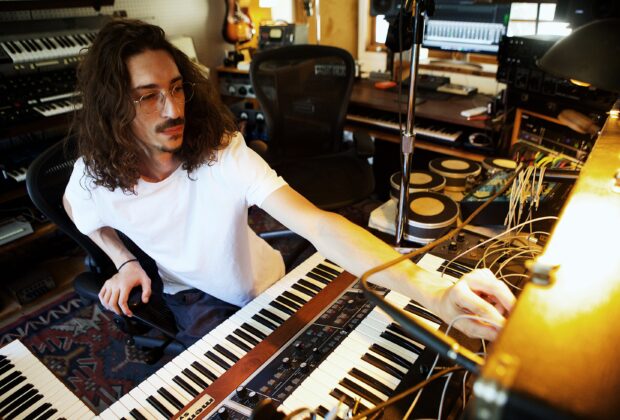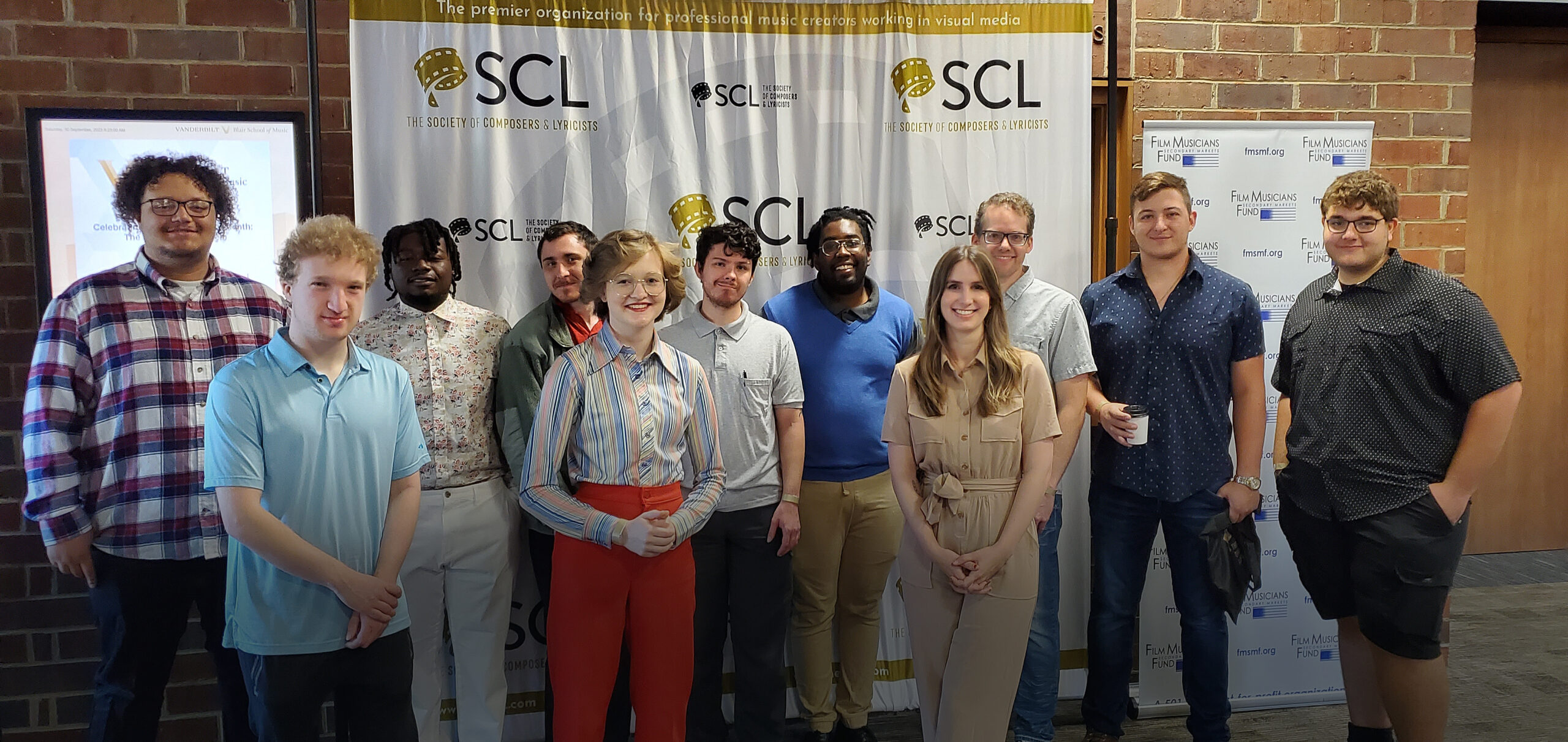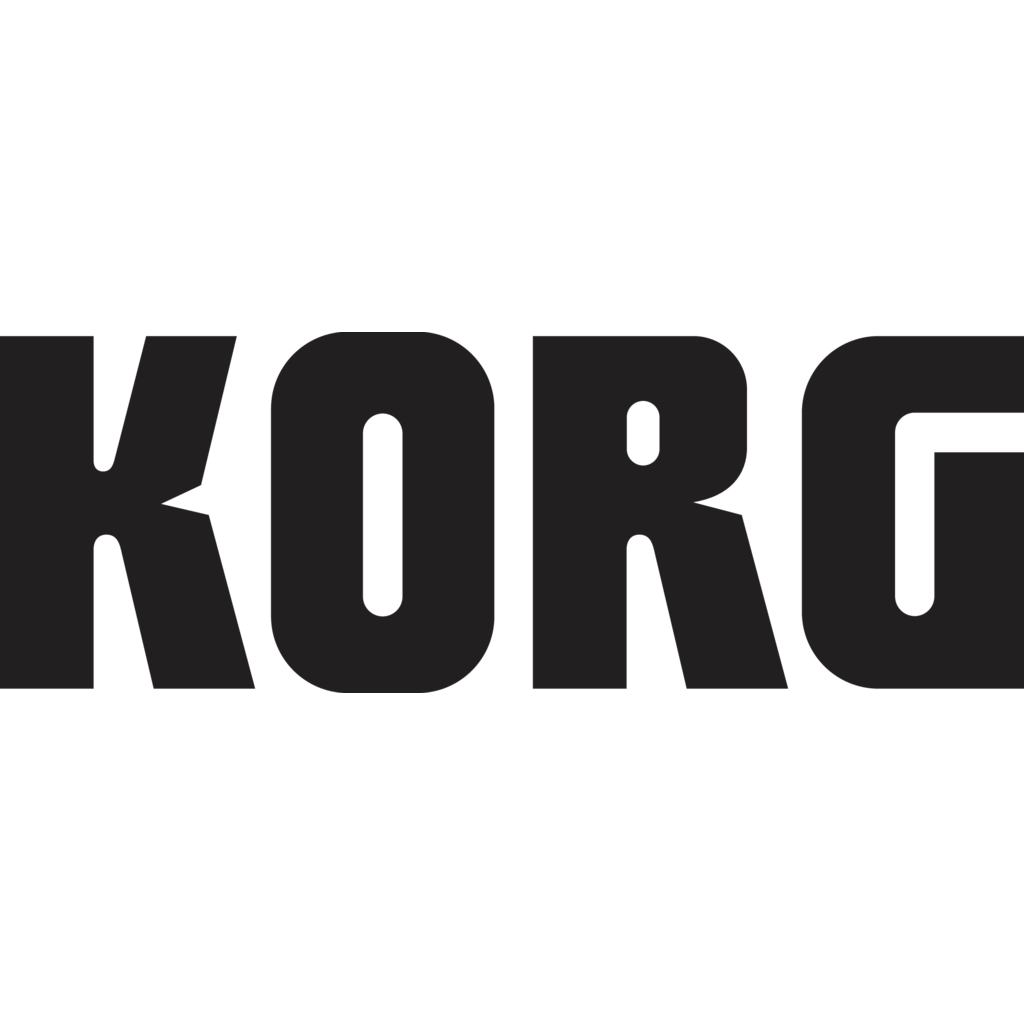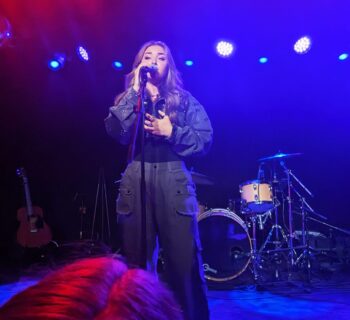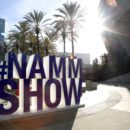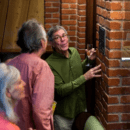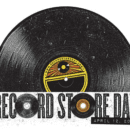Six-time Grammy nominee and Chicago native Carter Lang studied classical piano as a child, advanced to electric bass in middle school, and then graduated to guitar in high school. He began to learn engineering as a member of local band the O’Mys and his skills were sharpened further when a friend gifted him an MPC beat pad and he started to make beats. Following college, he connected with fellow Chicagoan Chance the Rapper. Lang went on to co-produce a number of SZA's records, including 2017’s smash debut Ctrl and 2022’s SOS. He’s also collaborated with Post Malone, Doja Cat and contributed to Chance the Rapper's 2016 mixtape Coloring Book.
Experience has long been noted for its potent teaching value. Lessons drawn from challenges are likely of equal worth. “Sometimes the biggest challenge is just to be able to pivot quickly between stuff,” Lang says. “There’s also the challenge of not rushing into things like when I want to add a solo at the end of a song. I don’t want to do it until I can attack it. It’s finding the balance between the delivery of something great and on time while also taking my time. It’s just enough to understand when I’m going to get the best take from myself. There’s also the challenge of having the patience not to push [an idea] on someone. Let the music make that decision. That’s what’s best for the song.”
When Ctrl dropped in 2017, a number of opportunities materialized for Lang including a publishing deal with Warner Chappell Music. Recently that deal was renewed. “I didn’t have a manager then and I wanted to be careful,” Lang recalls. “I needed to develop my team first. I learned in school and from Chance not to give away my publishing. By entering into the contract, I learned the importance of having some skin in the game and that publishing is a way that music gets monetized. I’m also developing new ventures along with my manager David Waltzer. We met at a session in 2017. At the time, I needed to link with someone who’d be down in the field with me more than I needed a publishing deal.”
Essentially, there are three key moments in a song’s creation lifecycle: the beginning, when it assumes a life of its own and then, of course, completion. How do artists know when a song has merit and is beginning to work? “When it comes naturally, artists start to get excited and words seem to come out of nowhere,” the producer observes. “You want to grab onto it like it’s a flow state. When a song’s finished, all the parts that are there are the best version of that thing. When I listen to something and know that it’s beautiful the way that it is, I know that it’s done.”
All artists and engineers have favorite pieces of gear and their preferences are as varied as the songs that they create. “My gear is always shifting and changing,” Lang explains. “But right now I love to experiment with the most primitive aspects of tone on the Serge synthesizer. It allows me to get in touch with a new side of music. I also love my [Yamaha] CS-60, which finds its way into a lot of tracks because it’s a warm, organic-sounding synth. There’s also the MPC 1000, which I’ve used for years.”
Contact Instagram: @iam_c_lang; Kristin.Somin@ledecompany.com, Samantha.Brensilber@ledecompany.com

